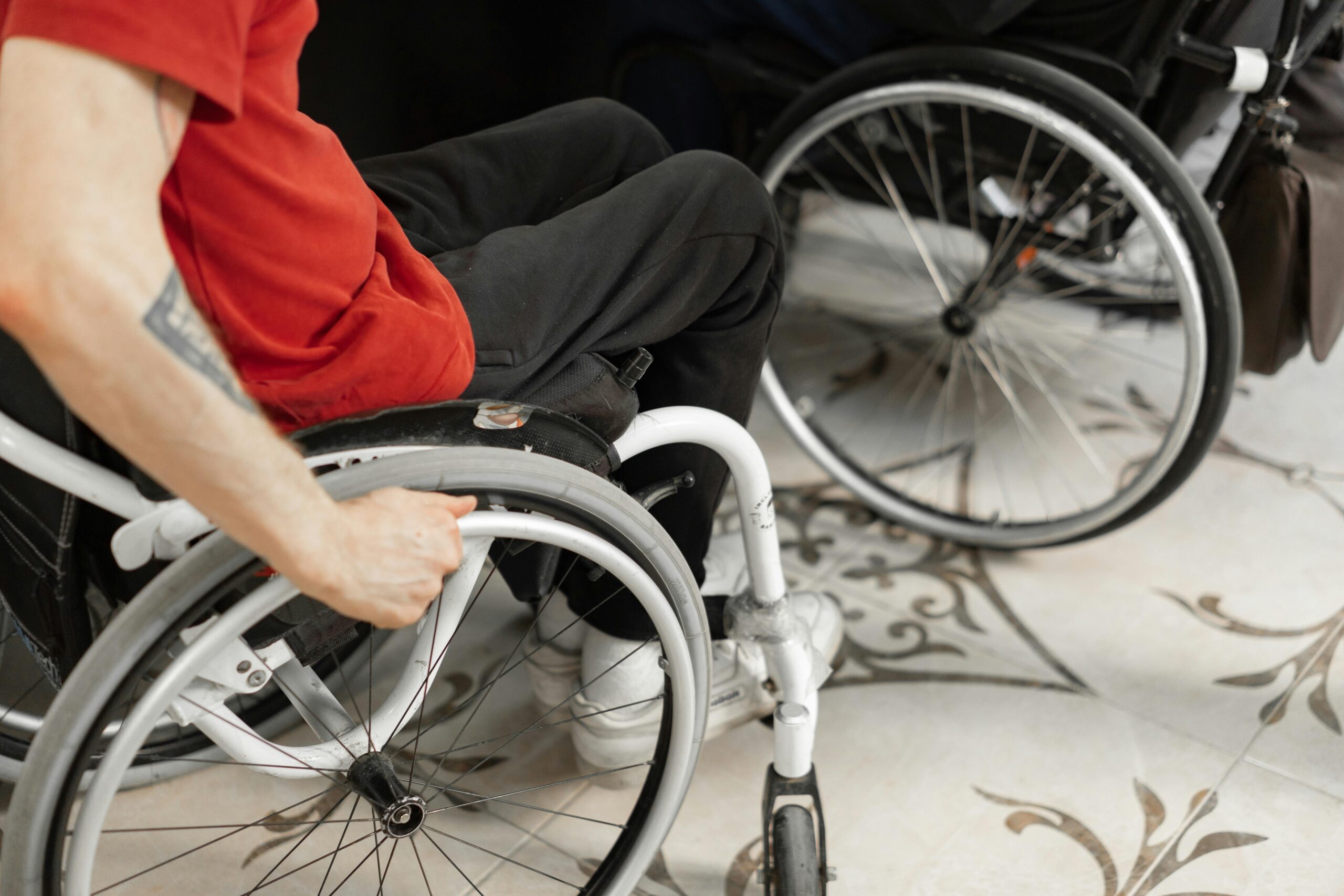Deciding when a loved one may need assisted living can be a challenging and emotional decision. As our parents and family members age, their needs change, and it’s important to recognize the signs that they may require more help than what can be provided at home. Assisted living offers a safe and supportive environment for seniors who need assistance with daily activities while still maintaining their independence. Here are some key signs to look for:
1. Difficulty with Daily Activities
One of the most common signs that a loved one may need assisted living is difficulty performing daily activities, such as bathing, dressing, eating, and using the bathroom. These essential tasks, often referred to as Activities of Daily Living (ADLs), can become overwhelming for seniors as they age or face health challenges.
If you notice that your loved one is struggling to maintain their personal hygiene or take care of themselves, it may be a sign that they need additional support.
2. Frequent Falls or Accidents
Falls are a serious risk for seniors, and frequent falls or near-falls are a major indicator that they may need more supervision. Even if a senior isn’t injured, repeated falls can result in fear of falling, which can limit mobility and independence.
If your loved one is having difficulty walking, balancing, or has a history of falls, assisted living can provide a safer environment where they are monitored and supported as needed.
3. Memory Loss or Cognitive Decline
Memory loss, confusion, and difficulty concentrating are signs of cognitive decline, which is common in aging. If your loved one is having trouble remembering appointments, taking their medications, or getting lost in familiar places, it could be a sign that they need professional care.
Assisted living communities offer specialized services for seniors with dementia or Alzheimer’s, providing the necessary support to ensure they remain safe while stimulating their cognitive abilities.
4. Neglecting Personal Care or Household Maintenance
If your loved one is no longer maintaining their personal hygiene, cleaning their home, or preparing meals, it could be a sign that they need help. Seniors who are struggling to manage basic tasks around the house may be at risk for neglecting their health or safety.
In assisted living, residents receive regular help with housekeeping, laundry, and meal preparation, ensuring that they are well cared for in a comfortable, clean environment.
5. Withdrawal from Social Activities or Hobbies
As people age, they may start to withdraw from social activities, hobbies, or outings they once enjoyed. This can be a sign of depression, isolation, or simply a lack of energy to engage in activities. Assisted living can provide an environment that encourages social interaction, ensuring your loved one stays engaged in activities that keep them active and mentally sharp.
6. Poor Health Management or Missed Medications
Managing health conditions and medications can become increasingly difficult with age. If your loved one is forgetting to take their medications, experiencing side effects, or is no longer able to keep track of doctor’s appointments, it may be time to consider assisted living.
In assisted living communities, medication management is a priority. Trained staff can ensure that medications are taken on time, helping to manage chronic conditions and improve overall health.
7. Weight Loss or Poor Nutrition
Unexplained weight loss, poor nutrition, or skipping meals is a red flag that should not be ignored. Seniors may struggle to prepare balanced meals or may have a reduced appetite due to health issues. This can lead to malnutrition, which weakens the immune system and affects overall health.
Assisted living facilities provide nutritious meals tailored to residents’ dietary needs, ensuring that seniors receive the proper nutrition to stay healthy.
8. Safety Concerns at Home
If your loved one’s home is becoming unsafe—such as cluttered hallways, slippery floors, or difficulty accessing important areas—this could be a sign that they need more assistance. Assisted living communities are designed with safety in mind, offering features like handrails, emergency response systems, and mobility aids to prevent accidents.
Conclusion
Recognizing the signs that your loved one may need assisted living can be an emotional and difficult process, but it’s an important step in ensuring their safety, health, and happiness. Assisted living provides the support and care that seniors need while allowing them to maintain their independence and dignity.
If you notice any of these signs, it may be time to consider a professional assessment to explore the best care options available. By taking this step, you can help ensure that your loved one receives the care and support they deserve, giving both of you peace of mind.



